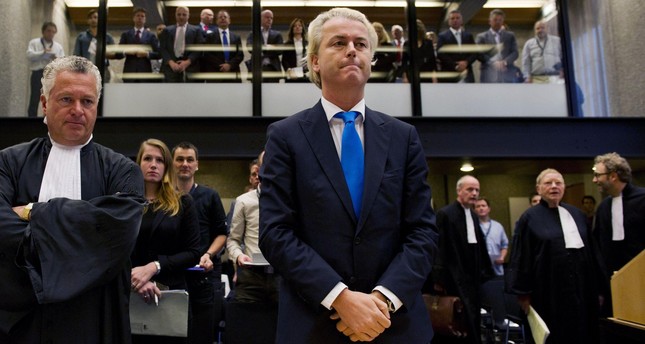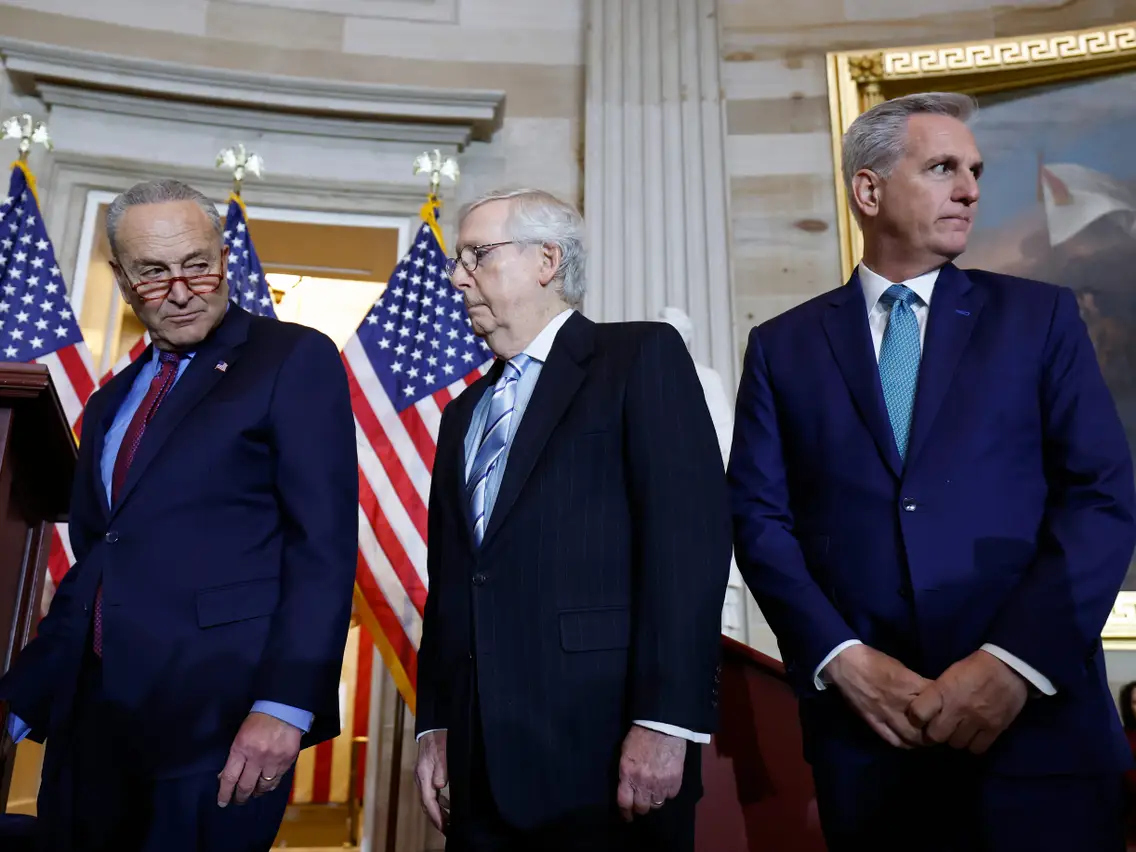
UNDERSTANDING THE IDEOLOGICAL BLOCKADES IN ARMENIA’S CONTEMPORARY POLITICS
Maxime Gauin
Caucasus International Vol. 7 • No: 1 • Summer 2017
Armenia has been consistently violating international law since the declaration of independence in 1990 – a political choice which impedes not only regional peace, stability, and security, but also the interests of its own people. As a sovereign yet an unreliable member of international community, Armenia, has invaded a neighboring country, Azerbaijan, and refused to implement relevant UN resolutions. It has repeatedly made irredentist claims against the territorial integrity of another neighboring state, Turkey, and when the Zurich protocols were signed between Turkey and Armenia to establish diplomatic relations and develop bilateral relations in 2009 Armenia suspended the ratification.1 Even worse, Armenian President Serj Sargsyan recently expressed territorial claims towards Turkey, saying that “liberating the historic territories in Western Armenia” (implying eastern Turkey) “depend on younger generations”. This followed his statement that:
“I think my generation has managed to fulfill its debt when it was necessary to protect the part of our Motherland, [Nagorno-Karabakh], from the enemies. We managed to do it. I just want to say that every generation has its own responsibilities and must be able to fulfill them well.”
This irredentist, expansionist and hostile approach towards Azerbaijan and Turkey is accompanied by complicated relations with Georgia, leaving the country isolated and landlocked.
Historically speaking, this policy is the result of the complex and occasionally contradictory relationship between official Yerevan, Karabakh Armenians, and the extremist parties of the diaspora. On the other hand, it has been the ideologies historically produced/reproduced by all three parties that have led Armenia to disregard historical borders and the ethnic composition of the territories of its neighboring states. These factors, as this paper will argue, continue to shape the ethnic-nationalist and expansionist policies of Armenia.
The first part of this commentary analyses the basis of the specific ideology in power in Armenia, namely racism. The second and third parts describe the concrete manifestation of ethnonationalism, namely ethnic cleansing and terrorism, as well as their relevance in today’s Armenia.
The full commentary analyses can be accessed at: http://cijournal.az/post/commentary-understanding-the-ideological-blockades-in-armenias-contemporary-politics-by-maxime-gauin
© 2009-2025 Avrasya İncelemeleri Merkezi (AVİM) Tüm Hakları Saklıdır
Henüz Yorum Yapılmamış.
-
 FRANSIZ TARİHÇİ MAXİME GAUİN İLE KONUŞTUK: 1915 ERMENİ MESELESİ - BEYAZTARİH.COM - 24.04.2020
FRANSIZ TARİHÇİ MAXİME GAUİN İLE KONUŞTUK: 1915 ERMENİ MESELESİ - BEYAZTARİH.COM - 24.04.2020
Maxime GAUIN 27.04.2020 -
 POPE FRANCIS AND THE GHOST OF BENEDICT XV
POPE FRANCIS AND THE GHOST OF BENEDICT XV
Maxime GAUIN 29.09.2016 -
 ERMENİ İDDİALARINA YANIT
ERMENİ İDDİALARINA YANIT
Maxime GAUIN 18.08.2016 -
 THE TURKISH-ARMENIAN CONFLICT AND THE WILDERSIZATION OF THE NETHERLANDS - DAILY SABAH - 06.03.2018
THE TURKISH-ARMENIAN CONFLICT AND THE WILDERSIZATION OF THE NETHERLANDS - DAILY SABAH - 06.03.2018
Maxime GAUIN 06.03.2018 -
 SOURCES ON 1915 INCIDENTS NEED TO BE ACADEMICALLY RESEARCHED
SOURCES ON 1915 INCIDENTS NEED TO BE ACADEMICALLY RESEARCHED
Maxime GAUIN 23.06.2017
-
 WHY GERMANY'S BAERBOCK IS UNFIT TO BE THE NEW UN GENERAL ASSEMBLY PRESIDENT - EU OBSERVER - 11.06.2025
WHY GERMANY'S BAERBOCK IS UNFIT TO BE THE NEW UN GENERAL ASSEMBLY PRESIDENT - EU OBSERVER - 11.06.2025
Colombe CAHEN-SALVADOR 12.06.2025 -
ABD'NİN YENİ 11 EYLÜL'Ü
Mehmet KANCI 19.09.2012 -
 RETHINKING NATO TO MAKE IT STRONGER - 03.02.2023
RETHINKING NATO TO MAKE IT STRONGER - 03.02.2023
Jakub KOREJBA 03.02.2023 -
 US DEBT CEILING - 14.06.2023
US DEBT CEILING - 14.06.2023
Deniz ÜNVER 14.06.2023 -
THE DIFFERENCE BETWEEN GENOCIDE AND DENATIONALIZATION - DAILY SABAH
Tal BUENOS 18.02.2016


